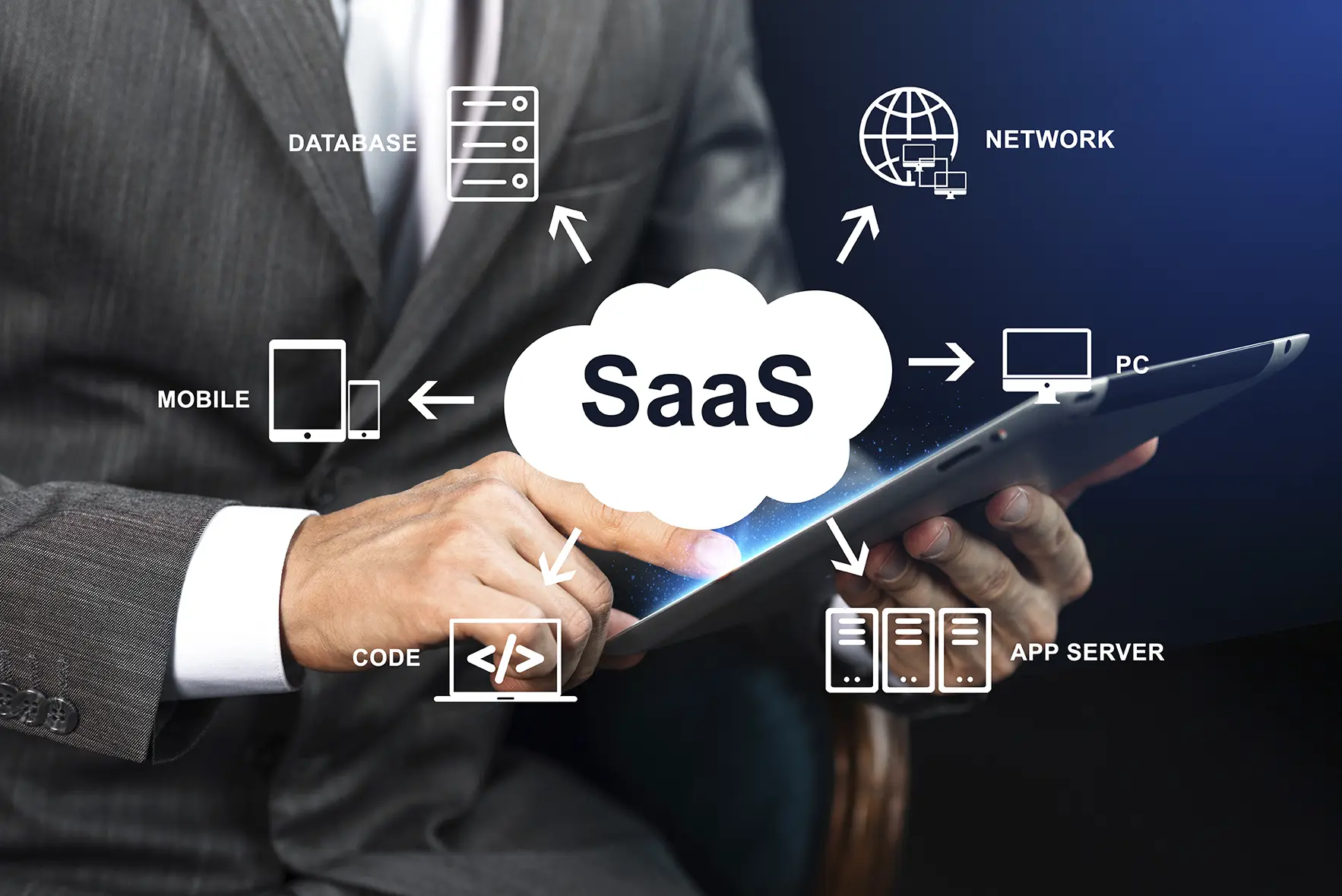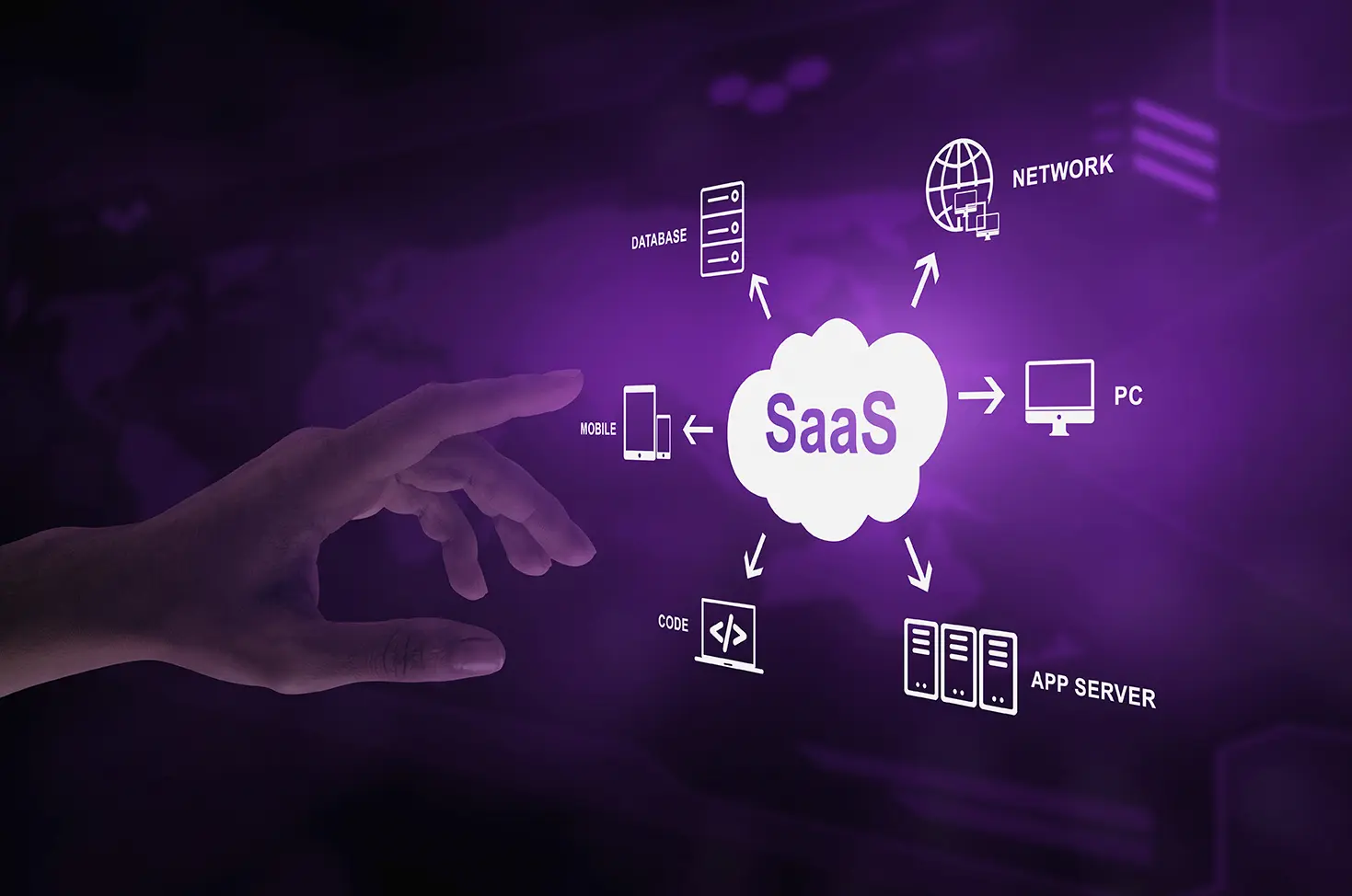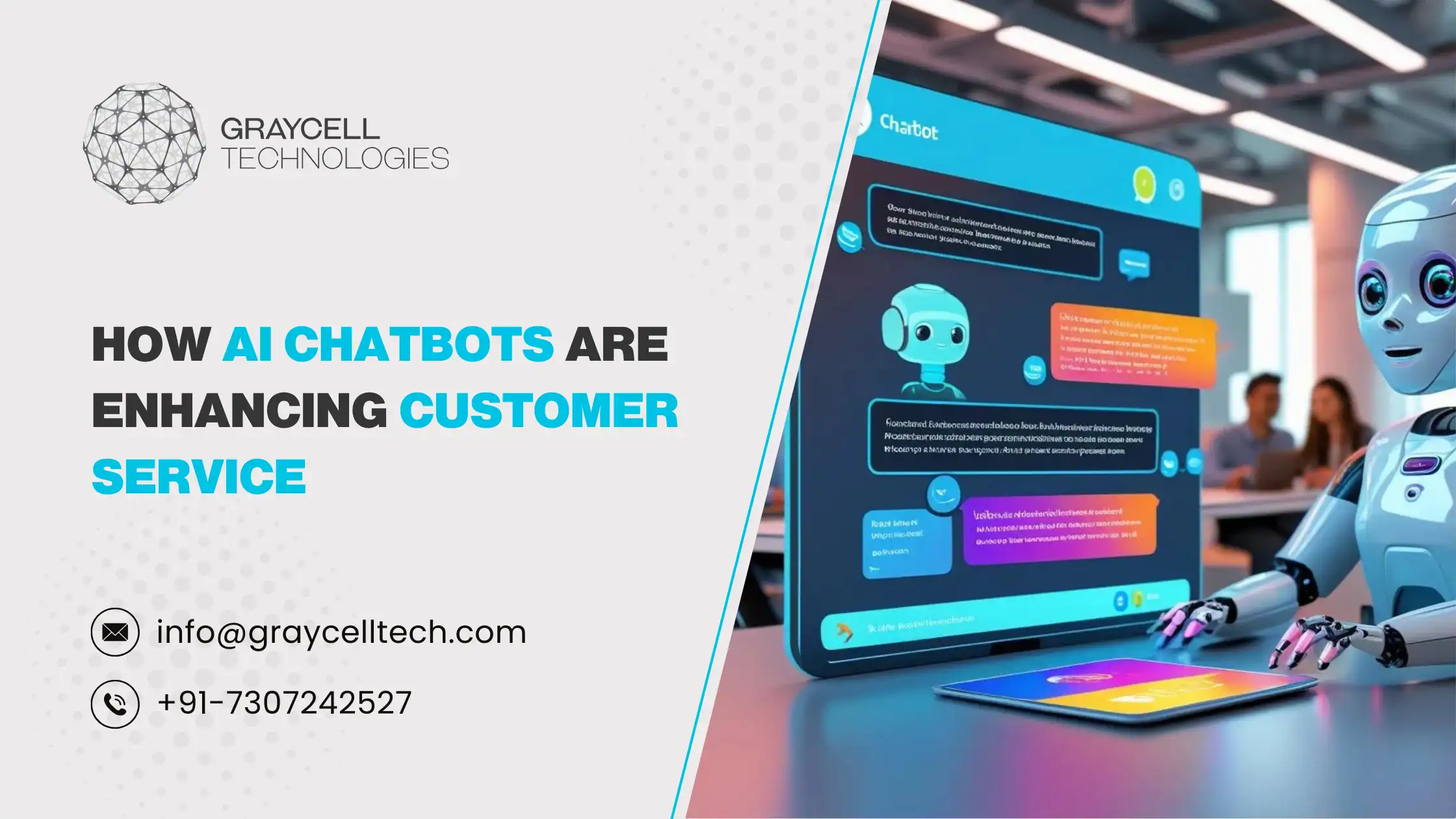The convergence of Artificial Intelligence (AI) and Software-as-a-Service (SaaS) is reshaping industries. By integrating AI into your existing SaaS offering, you can unlock new opportunities, enhance user experiences, and gain stability in the tech market.
- The global Software as a Service (SaaS) market size is projected to reach USD 307.3 Billion by 2026, from USD 158.2 Billion in 2020, at a CAGR of 11.7% during 2020-2026. (Source: PR Newswire)
- By 2025, Gartner estimates that over 95% of new digital workloads will be deployed on cloud-native platforms, up from 30% in 2021. (Source: Gartner)
- When a $600 million enterprise SaaS company saw revenue growth settle at 15 percent as it became a leader in its segment, management realized they could no longer spend as freely as when the business was growing at 30 to 40 percent annually. (Source: McKinsey & Company)
This blog is a comprehensive guide that will walk you through the benefits, strategies, and best practices for integrating AI into SaaS, helping you navigate the complexities of this transformation.
The Role of AI in SaaS

Using AI in SaaS solutions improves the performance of the software, extends the general usability, and provides new functionalities that were not possible before. From personalized recommendations to predictive analytics, AI capabilities can alter business models and the ways organizations create value.
For example, in customer support, AI-powered chatbots can promptly respond to frequent inquiries and free up human resources for other important issues. AI in sales can help determine customer trends, predict sales opportunities and personalize marketing campaigns. Product development benefits immensely from AI as it can analyze user data to identify pain points, leading to improved product features. Moreover, AI can automate repetitive tasks, such as data entry, allowing teams to focus on strategic initiatives.
Benefits of AI-Powered SaaS
Integrating Artificial Intelligence (AI) into Software as a Service (SaaS) platforms brings many advantages that can greatly improve user experience and streamline business operations.
Here are some key benefits of AI-powered SaaS solutions:
- Enhanced Customer Experience: AI enables personalized user experiences by analyzing user behavior and preferences. This leads to more targeted recommendations, improving customer satisfaction and retention.
- Increased Efficiency: Automating repetitive tasks through AI allows businesses to focus on more strategic activities. This not only saves time but also reduces operational costs.
- Data-Driven Insights: AI algorithms can process vast amounts of data, providing actionable insights that help in decision-making. This is particularly beneficial for marketing, sales, and product development.
- Scalability: AI-powered SaaS solutions can scale efficiently with growing data and user bases, ensuring consistent performance and reliability.
Developing an AI SaaS Strategy

Integrating AI into your SaaS offering requires a well-thought-out strategy. Here’s a step-by-step guide:
- Identify Use Cases: Start by identifying areas where AI can be used and can add value to your organization, including various sectors such as customer support, sales forecasting, or product personalization.
- Data Collection and Management: AI depends on data so ensure you have robust data collection and have a proper project management strategy. This includes cleaning and preprocessing data to ensure its quality.
- Choose the Right AI Technologies: Depending on your use cases, select the appropriate AI technologies, such as machine learning, natural language processing, or computer vision.
- Build or Integrate AI Models: You can either build custom AI models or integrate existing ones into your SaaS platform. This decision should be based on your technical capabilities and business needs.
- Test and Iterate: Before full-scale deployment, test the AI integration with a subset of users. Use their feedback to refine the system and improve its performance.
- Monitor and Optimize: Once deployed, continuously monitor the AI’s performance and make adjustments as needed. This ensures that the system evolves with changing user needs and data patterns.
Overcoming Challenges in AI SaaS Integration
AI SaaS challenges can range from technical to ethical concerns. Here are some common challenges and their solutions:
- Data Privacy and Security: With AI’s reliance on data, ensuring data privacy and security is crucial. Implement strict data governance policies and comply with relevant regulations.
- Integration Complexity: Integrating AI into existing systems can be complex. Consider working with experienced AI SaaS development teams to navigate technical challenges.
- Skill Gaps: Developing and managing AI systems requires specialized skills. Invest in training or hire skilled professionals to bridge the gap.
- Bias and Fairness: AI models can unintentionally perpetuate biases present in the training data. Regularly audit your AI systems to identify and mitigate biases.
Best Practices for AI SaaS Implementation
- Define Clear Objectives: Set specific business goals for the AI SaaS implementation. Establish KPIs to measure success.
- Data Management and Quality: Ensure high-quality, relevant data is collected and governed securely. Integrate data effectively with existing systems.
- Infrastructure and Scalability: Choose a cloud-compatible, scalable AI solution. Plan for future data and processing growth.
- User Training and Change Management: Provide training for effective tool use. Implement change management to ease the transition.
- Integration and Interoperability: Use APIs and SDKs for seamless system integration. Ensure compatibility with your tech stack.
The Future of AI in SaaS

The future of AI-powered SaaS looks promising, with several trends shaping the industry:
- AI-Driven Automation: More SaaS solutions will incorporate AI to automate complex workflows, enhancing productivity.
- Natural Language Processing (NLP): NLP technologies will enable better understanding and interaction with users, especially in customer support and content management.
- AI for Predictive Analytics: Predictive analytics will become more sophisticated, helping businesses anticipate customer needs and market trends.
- Ethical AI: As AI becomes more prevalent, there will be a growing focus on ethical AI practices, including transparency, accountability, and fairness.
Final Thoughts
The future of AI in SaaS is incredibly exciting! We’re about to see incredible advancements, including highly personalized experiences and smart, self-operating applications that revolutionize how businesses work. Think of AI innovations that reshape entire industries, introduce new business models, and greatly enhance customer experiences. However, with this great potential comes the responsibility to ensure that AI is used ethically, prioritizing transparency, fairness, and accountability. By focusing on these values, SaaS companies can fully embrace AI’s potential, unlocking exciting new opportunities and innovations!








